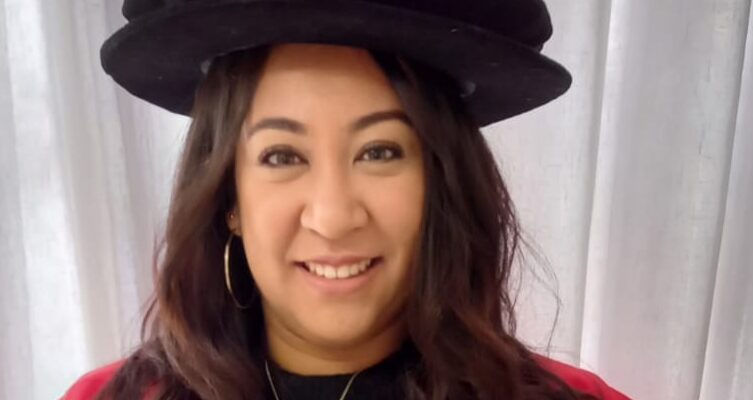Religion, Performance and Queer Artists of Colour in South Africa: Interview with Dr Megan Robertson

In 2021 Dr Megan Robertson was awarded a fellowship in the LUCAS/LAHRI Virtual Research Fellowship Scheme about African Knowledges for Global Challenges. On completion of her Fellowship we interviewed Megan about her research on ‘Performing Sex and the Sacred: An exploration of religion in the lived experiences and stage performances of queer artists of colour in South Africa'.
Please briefly introduce yourself
I am a senior researcher in the Desmond Tutu Centre for Religion and Social Justice at the University of the Western Cape. I also hold a postdoctoral fellowship that is linked to the SARChI Chair in Religion and Social Justice held in the Centre, and I serve as Assistant Editor of the African Journal of Gender and Religion. My research interests lie at the intersections of religious and queer studies, and has largely focused on exploring the Methodist Church of Southern Africa.
What project have you worked on during your fellowship period?
My project is titled “Sex and the Sacred: Queering Black Creative Arts in South Africa”. We worked on two grant applications during my fellowship. One was aimed at the Arts and Humanities Research Council Standard Grant and the other, the Marie Skłodowska-Curie Fellowship.
The purpose of this research is to explore the potential of arts for (re)constructing the narratives of queerness in South Africa by exploring the relationship between sexuality and ‘the sacred’ in the work and lives of Black queer creative artists in South Africa. For the AHRC grant we proposed that this would be developed through three sub-projects which focus on 1) drag performative art, 2) comedy and 3) life-writing, poetry and photography. For the MSC Fellowship we conceptualised this more broadly as an individualised project.
How does the project speak to the overall theme of “African knowledges for global challenges”?
“Sex and the Sacred” is a transdisciplinary project that explores the relationship between sexuality and the sacred in the work and lives of Black queer creative artists in South Africa. The project is particularly interested in exploring the potential of the arts for (re)constructing the narrative of queerness in South Africa. This is significant in a national and international context where religious language and symbols both, props up anti-queer attitudes and discourses, but also inspires dreams for a rainbow queer utopia and motivates activism towards this.
The creative arts have long been central in South African histories of Black resistance, most notably against apartheid. The arts remain equally significant in current queer resistance movements and activism in South Africa but also in other African contexts where queer communities claim visibility, express agency, and engage in creative activism (van Klinken, 2019). “Sex and the Sacred” therefore, holds great potential for (re)imagining political and social orders and queer futurity in Africa as well as globally. It promises to be one of the most innovative and extensive studies to contribute to a growing body of literature that nuances hegemonic ideas of what it means to be queer in postcolonial Africa.
This project also offers an accessible archive which explores and documents the role of ‘the sacred’ in the lives and work queer Black artists in South Africa. Through a social media archive and documentary film project academic and non-academic audiences are invited to expand upon the possibilities we imagine for a queer utopia located in South African Blackness.
